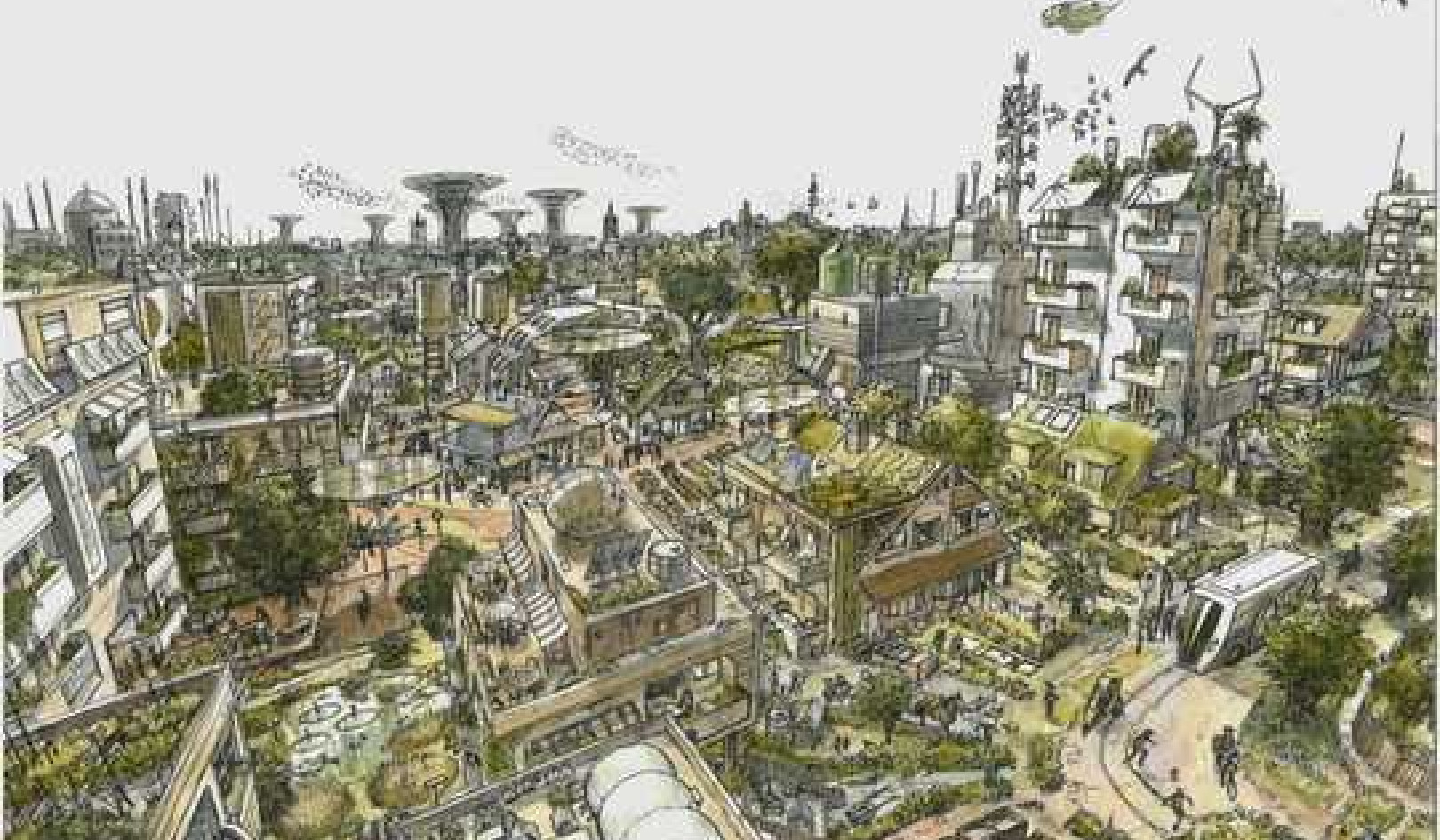
People are silhouetted as they sit in a bar having a drink during the COVID-19 pandemic in Toronto on March 30, 2022, as cases continued to climb in Ontario and around Canada after most provinces lifted various restrictions and mask mandates. THE CANADIAN PRESS/Nathan Denette
In the aftermath of the Jan. 6, 2021, uprising at the United States Capitol building, the Republican Party faced a crucial moral test: whether to reject the baseless conspiracy theory that the 2020 general election had been “stolen” from Donald Trump or to embrace that dangerous falsehood as official party dogma.
After gauging the political winds, the Republican Party cynically chose to embrace the falsehood, going so far as to ostracize party members who upheld the truth. In doing so, the GOP solidified its mutation from a political party to a political cult.
After two years of acknowledging the dangers of COVID-19, something eerily similar has happened with public health policy across the western world.
‘Live with it’
Federal and municipal governments in North America, Europe and Australia have begun lifting basic protections like vaccine and mask mandates, winding down public testing, ending contact tracing and withholding critical public health data, like case counts, hospitalization numbers, wastewater results and even the size of local outbreaks. Pandemic management has been transformed from a public health problem to an individual one.
The now-quaint 2020 slogan “We’re all in this together” has since been replaced with the dire prescription — “Assess your own risk.” Political leaders have reversed course, urging their constituents to “learn to live with COVID.”
The dismantling of pandemic infrastructure, however, suggests that those constituents must learn to live instead as if COVID-19 no longer exists. By removing basic protections that enabled us to survive the pandemic for the last two years, public health policy has effectively been rewritten in light of the desires, demands and delusions of anti-maskers, anti-vaxxers and COVID-19 denialists.
Fiction vs. reality
Western politicians and public health officials have managed to craft a fictional universe in which we have reached endemicity, where infection is now “mild” and getting “milder” by the variant, where COVID-19 is “like the flu,” where mass infection builds a “wall of immunity” and where voluntary vaccination alone is our ticket out of the pandemic.
This sunny picture has numerous problems.
First, not only are we nowhere near endemicity, there would be nothing to celebrate about it if we were.
Second, the glib talk of mild infection overlooks COVID-19’s frightening vascular and neurological effects. Those infected by it are at increased risk of serious heart complications, including inflammation, acute coronary artery disease and cardiac arrest. Even mild cases can lead to changes in brain structure.
According to one recent meta-analysis, 43 per cent of COVID-19 survivors experienced symptoms of what’s known as long COVID, signalling a coming nightmare for public health, the economy and education. For a supposedly mild disease, COVID-19 notably led to hospital collapse in both the United Kingdom and Canada in April 2022.
Public gaslighting
Yet none of these grim realities are acknowledged by politicians who insist that we “just move forward” and “get on with our lives,” and who repeat the “freedom convoy” talking point that we need not be “afraid.”
There’s a vast chasm between the COVID-19 fictions of politicians and the realities of hospital wards and long COVID clinics. The downplaying, dismissal and denial of these realities amount to public gaslighting, a reckless political manoeuvre with unsettling implications for the future of western democracies.
As it turns out, we are still living in a post-truth world. But this time, it’s not Donald Trump who’s distorting reality.
Instead it’s federal and municipal governments across the political spectrum gaslighting their citizens and constituents, denying the reality and severity of a pandemic that, once again, is tearing through our communities at frightening speed, driven by a highly contagious and rapidly evolving virus.
Undermining democracy
A functioning democracy requires some common ground upon which its citizens can agree. COVID-19 gaslighting erodes that common ground. It erodes trust in government and public health, as well as institutions, like school boards, that follow their cue.
It undermines the public authority of medicine and biomedical science to guide us through the pandemic. Just as climate change has been subjected to “bothsidesism,” we now increasingly hear about “both sides” of COVID-19. When politicians encourage us to “move on,” COVID denialism becomes a respectable opinion.
Despite our habit of entertaining “both sides” of many issues, some things just aren’t a matter of political opinion: whether Trump won the 2020 election, whether climate change is real and whether we’re still in a pandemic.
Unfortunately, western political leaders and some public health officials have decided to indulge the worst kind of individualist impulse: the desire to choose your own reality, including the fantasy that the pandemic is over.
This is the unfortunate consequence of a market-driven society in which truth is just one more commodity, where the line between citizenship and consumerism is dissolved and where many feel entitled to cancel election results and the pandemic alike just as they would an order from Amazon.
Erosion of trust
Perhaps most tragically, COVID-19 gaslighting erodes our trust in each other. It feeds our mutual suspicion, paranoia, hostility and division. When infection risk is intrinsically social, the promotion of noxious ideological concepts like “individual choice” and “assessing your own risk” only encourages us to blame each other in the event of an outbreak.
Public health policy modelled on The Hunger Games is a recipe for confusion and chaos.
COVID-19 gaslighting will only deepen our existing social divisions and exacerbate our culture wars, further eroding our already fragile democracies. As SARS-CoV-2 continues to evolve, surprise, disappoint and frustrate us at every turn, COVID-19 gaslighting will drive citizens deeper into isolated and self-enclosed silos, online and off-line.
It will further encourage the violent trolling of health-care workers and scientists, and feed dangerously reactionary politics. Extremism is the only possible beneficiary of this erosion of public trust.![]()
About The Author
Jason Hannan, Associate Professor of Rhetoric & Communications, University of Winnipeg
This article is republished from The Conversation under a Creative Commons license. Read the original article.

Related Books:
On Tyranny: Twenty Lessons from the Twentieth Century
by Timothy Snyder
This book offers lessons from history for preserving and defending democracy, including the importance of institutions, the role of individual citizens, and the dangers of authoritarianism.
Click for more info or to order
Our Time Is Now: Power, Purpose, and the Fight for a Fair America
by Stacey Abrams
The author, a politician and activist, shares her vision for a more inclusive and just democracy and offers practical strategies for political engagement and voter mobilization.
Click for more info or to order
How Democracies Die
by Steven Levitsky and Daniel Ziblatt
This book examines the warning signs and causes of democratic breakdown, drawing on case studies from around the world to offer insights into how to safeguard democracy.
Click for more info or to order
The People, No: A Brief History of Anti-Populism
by Thomas Frank
The author offers a history of populist movements in the United States and critiques the "anti-populist" ideology that he argues has stifled democratic reform and progress.
Click for more info or to order
Democracy in One Book or Less: How It Works, Why It Doesn't, and Why Fixing It Is Easier Than You Think
by David Litt
This book offers an overview of democracy, including its strengths and weaknesses, and proposes reforms to make the system more responsive and accountable.
























